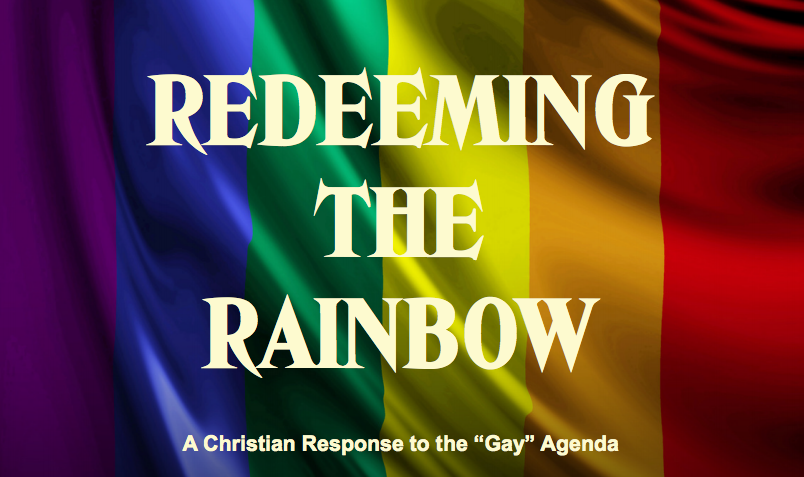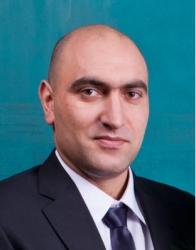1) Start with a prayer group geared toward school and keep the members up to date with the existing needs. 2) Promote the involvement of church members as volunteers in school activities, youth mentors, as participants in parental associations and organizations, as well as members of the school board. 3) Set a religious educational program in the local school. The law requires schools to release children for religious education. 4) Support Bible curriculum in schools. Bible teaching in schools is completely legal, as well as the history and literature teaching.
3. The approach based on activist students’ activity in the campus. This approach requires the formation of a Christian or pro-family club in the campus. The student club will promote a pro-family point of view in the student culture from peer to peer. 1) The establishment of a visible presence in school, that serves as a connection point for all the students who support family. 2) The articulation and pro-family position support in social problems. 3) The distribution of pro-family resources, and events hosting for pro-family speakers.

Actions’ checklist
A. The creation of a Christian or pro-family club in the campus. In accordance with the law on equal access since 1984, the schools can’t prohibit to the students to create such kind of clubs, as long as there are other different clubs in the student campus. You have to decide if you’ll create a christen club or a non-religious pro-family club. A christen club will probably have the support of the local churches and will do more to bring Christ in schools, but it will come from a more restricted group of pupils from school (evangelicals and Catholics). This will also be, limited by the article of the constitution setting, which prohibits the advancement or inhibition of the religion in schools. Therefore, the activities of the christen club will be protected as much as pupils rights in free speech will be protected, and neither the school or the teachers will be able to stop officially the activities of the club. In contrast, a secular pro-family club can attract a wider coalition of students who agree rather with philosophical motives than those theological and may be officially accepted by teachers and school. If there is already a Christian club at school, are likely to be used more as a sanctuary for Christian’s students than a tool for the transformation of the school. You have to decide whether to work to reshape the Christian club, or to start a pro-family club with a more active guidance.
Here are some ideas to have an impact on the school. Invite pro-family speakers at the official school events. Host an event in your club’s name, such as a debate, a speech, or a movie. Present a table with literature at the school and community events. Send articles or letters to the school newspaper. Distribute literature. Wear shirts with images or messages that give food for thought. Enter pro-family resolutions at the school council.
4. The approach based on the “Regional Alliance of the members”. This approach requires the development and maintenance of an informal network of pro-family teachers, administrators and school board members. It can be self-administered or managed by the parental group, a club or any prevailing pro-family organization, with the ability to create and manage the database and to facilitate the communication between the allies. This can be a single Alliance at state level or more local alliances, or a combination of both. The Alliance members will forward the pro-family perspective in the social issues, as a legitimate alternative and preferred to the anti-family perspective of the secular humanism through:1) the protecting and supporting of the pro-family student clubs and their right to support the pro-family values system in the campus; 2) serving as faculty advisors for the student clubs (if there are members that are teachers as well);3) the monitoring and the countering of their counterparts’ efforts toward anti-family, to undermine even more parental authority and children’ morality; 3) channeling anti-family activists documentation/ abuses to the parental groups/ or clubs; 4) advocating for a pro-family philosophy, based on religious principles in very narrow limits permitted in the current interpretation of the law; 5) the promotion of pro-family non-religious philosophy, that is not subject to such restrictions.
traducator: Olga Dron

